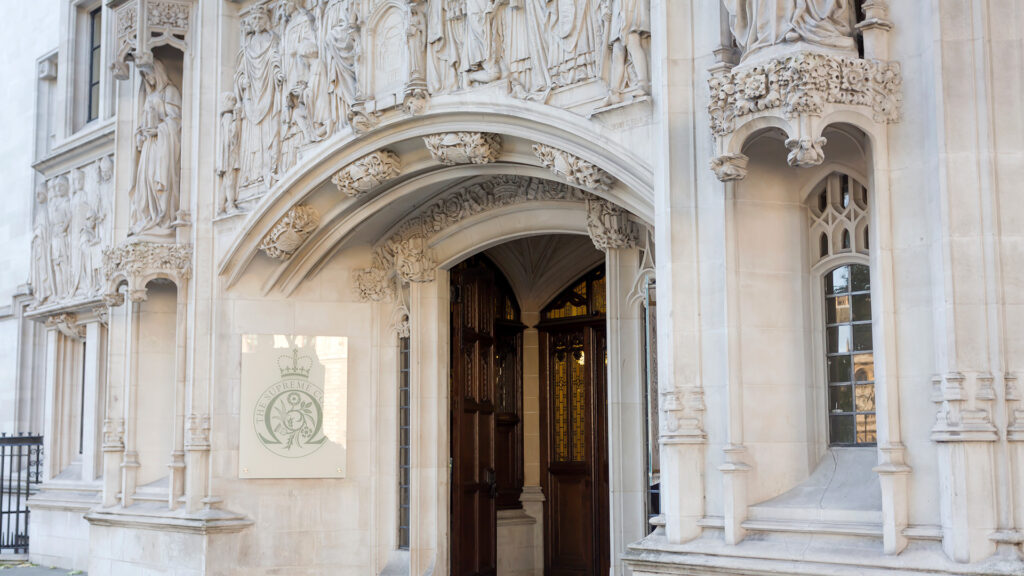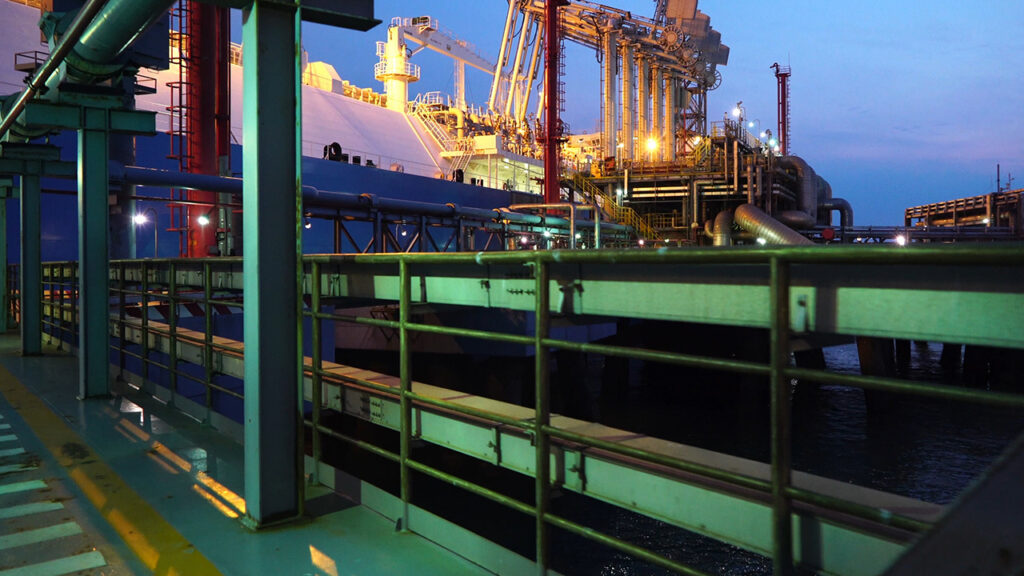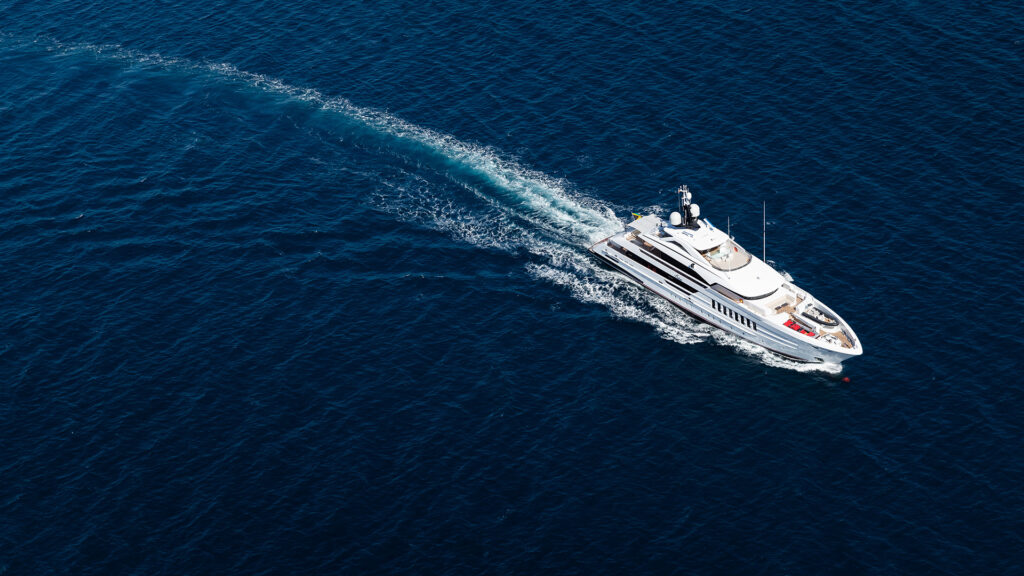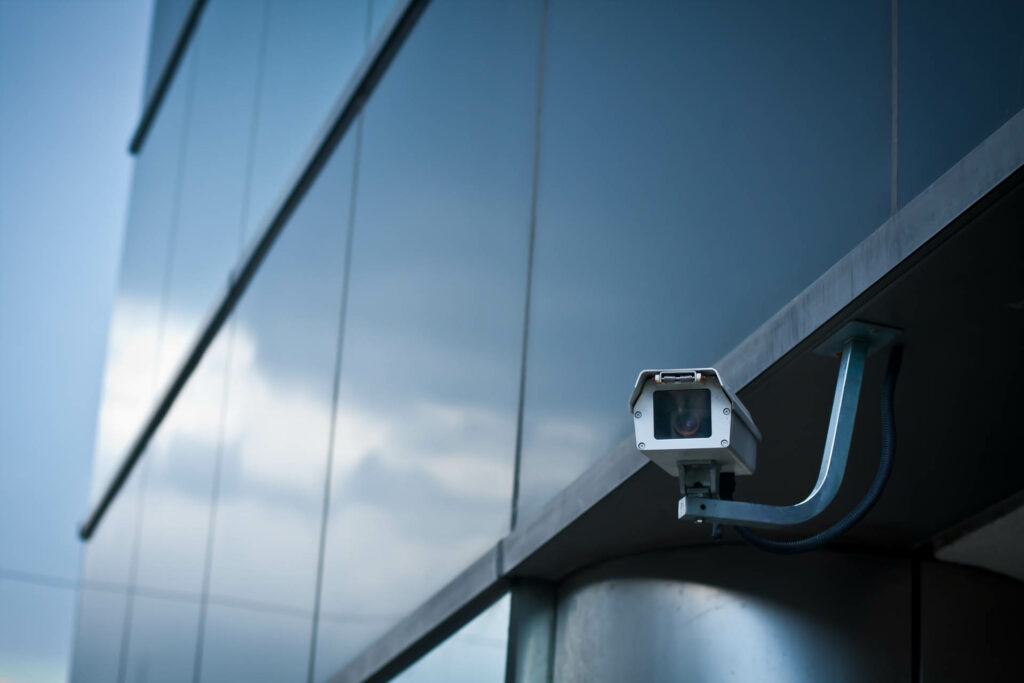Armed Guards
David Cameron announced on 30 October that UK registered ships can be licensed to have armed guards on board, should the shipowners or operators choose to do so. This is in direct contrast with previous government policy, which was that the carriage and use of firearms on board UK registered ships was strongly discouraged, the reasoning being that the carriage of firearms could escalate an already dangerous situation and the firearms on board could themselves become the target or purpose of an attack.
The announcement itself was not new – the change in policy and introduction of new legislation has been reported for some time – but a declaration of this kind by the prime minister is encouraging because it suggests that the change in legislation is imminent and also that the issue of piracy, and Somali piracy in particular, is finally on the radar at a high government level.
The prime minister did not go into any detail on the new legislation to be introduced but it is expected that it will resolve the issues arising from the carriage of firearms on board UK commercial vessels under the Firearms Act 1968 and also clarify exactly which licenses private security companies and shipowners/operators will need to obtain in order to carry firearms, ammunition and other equipment on board UK registered vessels.
In his announcement, Cameron endorsed the use of armed guards as an effective anti-piracy measure, with the evidence showing that ships with armed guards on board do not get attacked or hijacked. Whilst it is widely reported that no vessels with armed guards on board have been successfully hijacked, it should be noted that the presence of armed guards does not appear to deter pirates from continuing to make every effort to attack and capture vessels. Accordingly, the risks of the escalation of pirate tactics and the increase in the use of violence remain very real concerns.
Cameron was challenged during his announcement that the UK government would effectively be licensing non-military UK civilians to shoot to kill. This raises the important point that whilst the UK government policy will change, there has been no suggestion so far that the government will take any steps to regulate the maritime private security industry which means, in effect, the industry must continue to regulate itself. Shipowners and operators must continue to carry out due diligence to carefully vet private security companies. Importantly, a private security company’s Rules for the Use of Force must be carefully analysed to ensure they provide for the legal and proportionate escalation of force.
Cameron made it clear in his announcement that the placement of armed guards on board commercial vessels was intended as a short-term measure and not the solution to piracy. The government will continue to focus efforts on Somalia, currently the world’s most failed state, to tackle the causes of piracy. It was also implied that the UK would assist other countries, the Seychelles and Mauritius in particular, to detain and prosecute pirates. In the meantime, the UK government’s position now appears to be that the fastest and most effective anti-piracy measure available to UK registered ships is the deployment of armed guards on board.
If you are affected by the issues of marine piracy and would like more information about the services Holman Fenwick Willan provide in this area, please contact James Gosling, Partner on +44 (0)20 7264 8382 or james.gosling@hfw.com, or Richard Neylon, Partner on +44 (0)20 7264 8100 or richard.neylon@hfw.com.







-1024x576.jpg)



